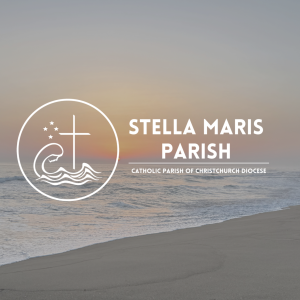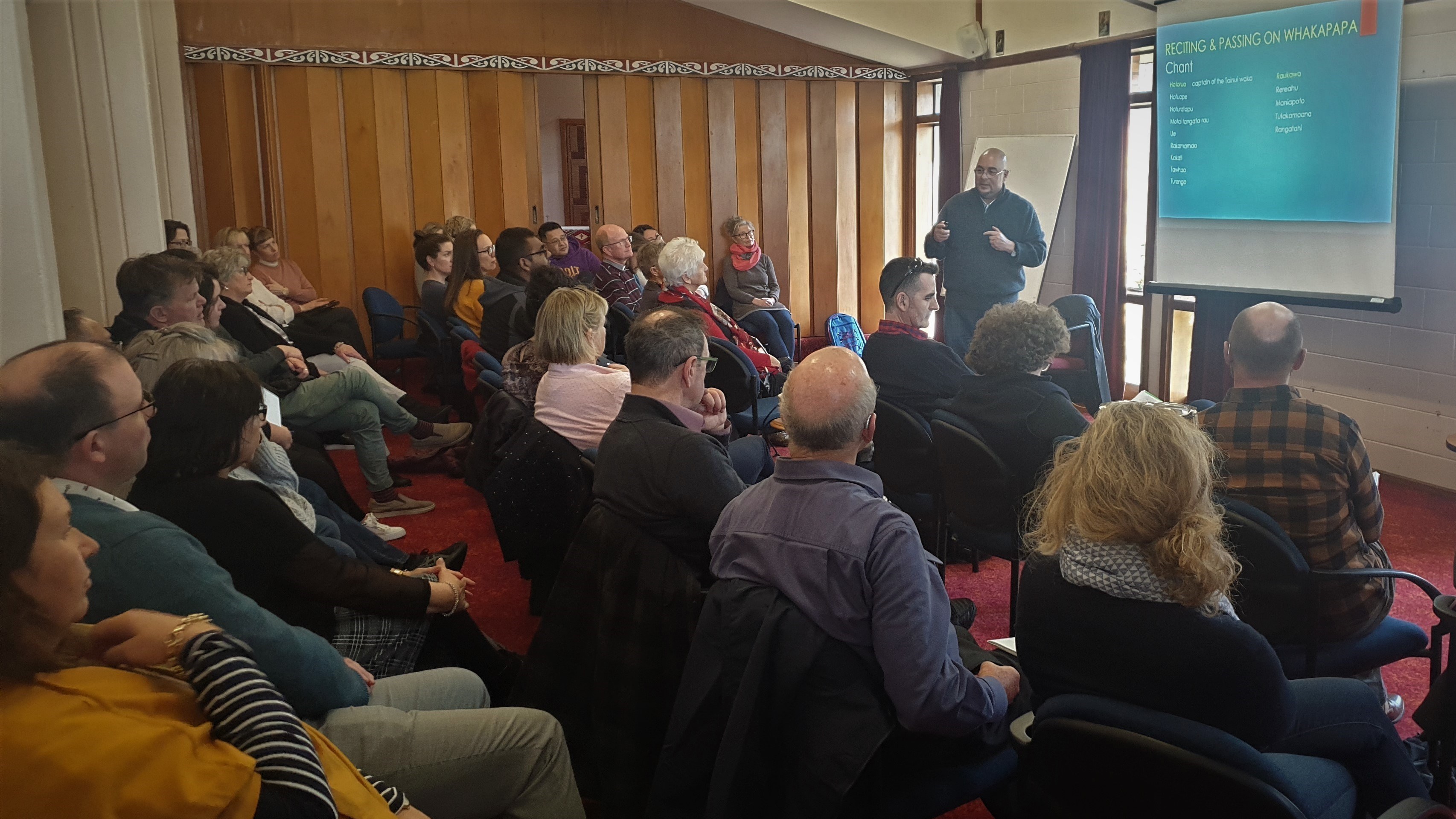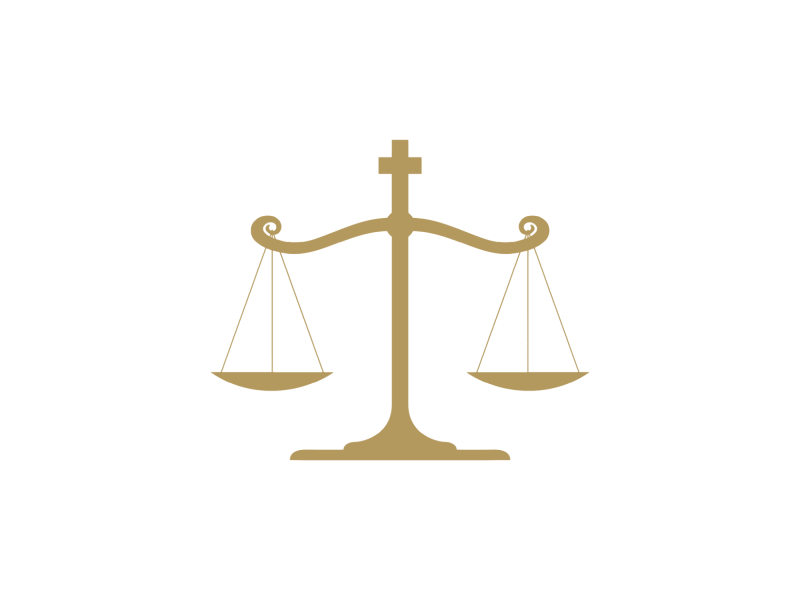The Curia work together to support the Church, the Bishop, the Priests and the pastoral mission of the Diocese, by living our agreed values in a spirit of holiness, by continuously respecting each other, ensuring effective stewardship, and providing professional leadership and advice.

Alex Bailey
General Manager
The General Manager is charged by Bishop Michael with the responsibility for achieving the most efficient use of staff, facilities, equipment, administrative systems, and all other resources of the Diocesan Offices of the Catholic Diocese of Christchurch and for monitoring of the progress and accountability of all budgets and all projects and assignments that are given to or initiated by the Diocese.
For Media Enquiries contact Alex Bailey abailey@cdoc.nz

Mike Stopforth
Director - Bishop's Pastoral Office
The Bishop’s Pastoral Office supports the Bishop, providing the diocese with guidance and advice on best practice in a broad range of parish and school-based ministries, oversight of chaplaincies (prison, hospital, tertiary, police) and formation in many aspects of the Catholic faith. The pastoral team builds relationships in all these areas, forming leaders, providing practical training and bringing an expertise in support of parish life.
Mike Nolan
Manager - Catholic Education Office
The Catholic Education Office (CEO) provide leadership and training support and development for those leading Catholic schools and parishes and educating students in classrooms and parish Sacramental/Religious Education programmes.

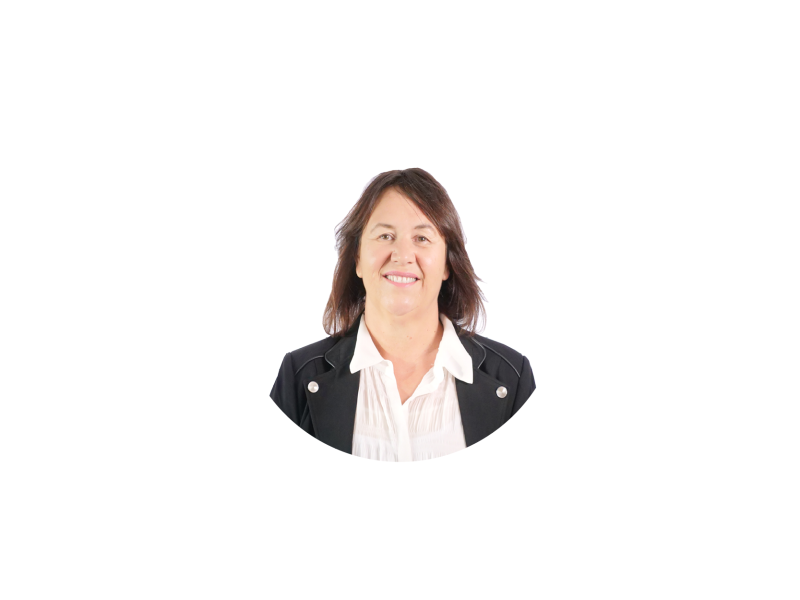
Siobhan Bergin
Special Projects Manager
The Special Projects Manager supports the Bishop in implementing the diocesan vision and strategy and works to assist parishes who have been amalgamated in shaping and defining their the strategic direction. The Office supports parishes through facilitation, coaching and creating an environment where positive change happens and supporting those working in leadership roles.
James Kearns
Manager - Property and Development
The Property Team provides Property Management Services across its portfolio. The Diocesan Property Team manage aspects of maintenance, additions and new building initiatives and provide guidance, advice, and approval of any matters relating to property.


Tony Brazier
Capital Campaign Manager
Our fundraising team is responsible for planning and managing initiatives to secure financial support for the mission and ministries of the diocese.
Luis Arevalo
Manager - Catholic Social Services
Catholic Social Services is an agency of the Catholic Diocese of Christchurch, whose role it is to translate the Bishop’s concerns for community wellbeing into readily available no-cost professional social services open to all in need of support in our community.


The Tribunal of the Catholic Church
for Aotearoa New Zealand
The Tribunal of the Catholic Church is the official ecclesiastical court of the Church. In 1987, the New Zealand Bishops Conference agreed to have the Tribunal of the Catholic Church established nationally for all cases including penal trials, declarations of nullity and cases of vindication of rights provided in Canon Law.
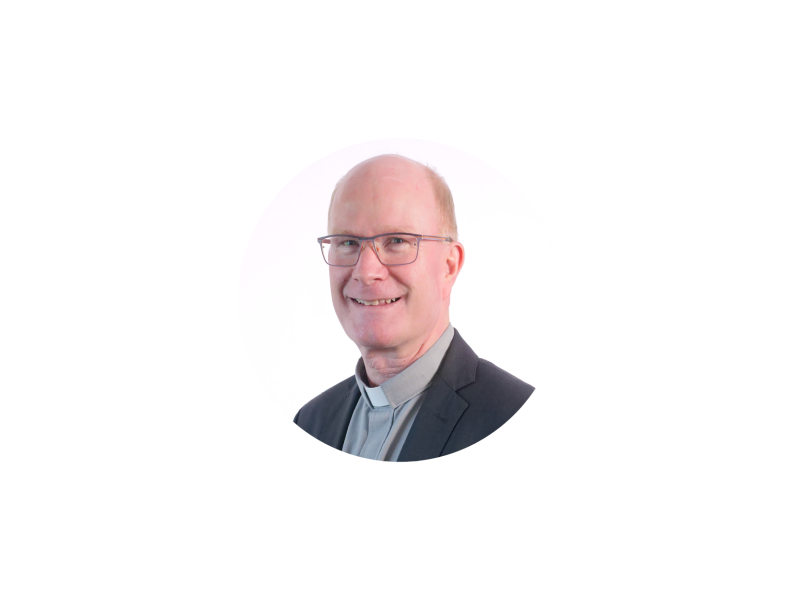
Fr Simon Eccleton
Chancellor and Vicar for Marriages
The primary role of the Chancellor is to gather, arrange, and safeguard the Acts and the archives of the diocesan curia. They are responsible for the orderly arrangement and accessibility of the records, files and information that keep the diocese running and that constitute its recorded history. The Chancellor is also the official notary on all of the documents issued by the diocesan bishop.
The Vicar for Marriages deals with marriages on behalf of the diocesan Bishop.
Monsignor Rick Loughnan
Vicar General
The Vicar General is the principal deputy of the Bishop for the exercise of administrative authority and possesses the title of local ordinary. The Vicar General exercises the Bishop's ordinary executive power over the entire diocese and, thus, is the highest official in a diocese after the diocesan Bishop.

College of Consultors
The Bishop appoints the College of Consultors, no fewer than six nor more than twelve, generally for a term of five years. The functions of the College are prescribed in the Code of Canon Law.
The College’s role is largely consultative and advisory, although in certain major administrative instances, the Bishop is required to seek the consent of the College before he can act. The College generally meets monthly and on an “as required” basis.
Diocesan Finance Council
The Bishop appoints the Diocesan Finance Council. Its members are generally appointed for a term of three years.
The Diocesan Finance Council meet monthly and receive reports from the various Diocesan offices, teams, councils and boards that report to the Bishop. The decisions and recommendations to the Bishop from this Board are made within the guidelines and parameters of Canon Law and the Diocesan Norms.
Diocesan Staff Directory
Bishop's Office
Bishop's Pastoral Office
Catholic Education Office
Catholic Social Services
Communications
Finance and Support
Property and Development
Fundraising
Tribunal of the Catholic Church for New Zealand
